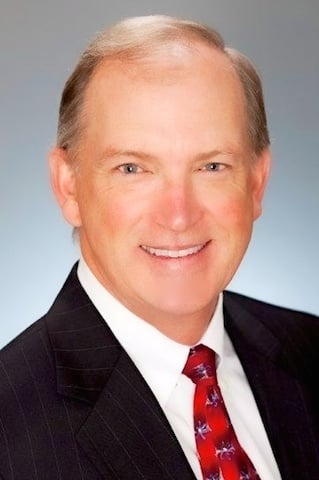I was raised poor. Not poorly, mind you, just poor. And I’m grateful for it.
My parents grew up during the Great Depression of the 1930’s, and spent their formative years in rural settings, one in a rented farmhouse in Maryland, the other in a West Virginia coal-mining town.
They were smart and had life goals they wanted to achieve so both found ways to reach their goals. My mother’s church banded together to help with tuition that led to a degree and career in nursing. My father joined the Army and they put him through medical school.
My parents’ focus on their futures and the assistance they received led to successful lives. But they never forgot their early years, the struggles, the financial hardships.I’d even say they relished those times as they recalled with a degree of pride how my father would sell his blood (it was legal back then) to make rent payments.
They made a success of their lives yet never forgot from whence they came. And they didn’t let me nor my siblings forget either.
Spend Like a Pauper
My parents benefitted from what you might call “psychological impoverishment.” Sometimes it seemed like they didn’t know where their next meal was coming from. They were “save for a rainy day” people because they had seen their fair share of financial downpours. So, living within their means was important to them and that was the financial model I learned.
Spending less than you make is an important step toward financial independence. It’s the cornerstone of many financial literacy offerings. There’s no reason to learn how to invest if you don’t have savings with which to invest.
The first learning process participants in a good financial education program learn is differentiating their “wants” from their “needs.” Knowing the difference between the two and engraining the process of separating the two makes a huge difference in sending habits and lead to savings.
Retire Like a Princess
Once you begin making changes to your spending habits, encouraged by your decision to spend wisely and save wherever you can, you can begin to look toward reducing debt and then adopting a savings plan. That savings plan will then grow into an investment strategy you are comfortable with and ultimately into a secure future.
Students participating in my charitable organization’s financial education program, The Millionaire’s Club, find that tracking their spending, identifying needs versus wants, and instituting a savings plan, places them on secure footing as they strive for financial independence.
To see students in The Millionaire’s Club and hear their personal impressions of how financial literacy has changed their lives, visit MillionairesClub.org.







